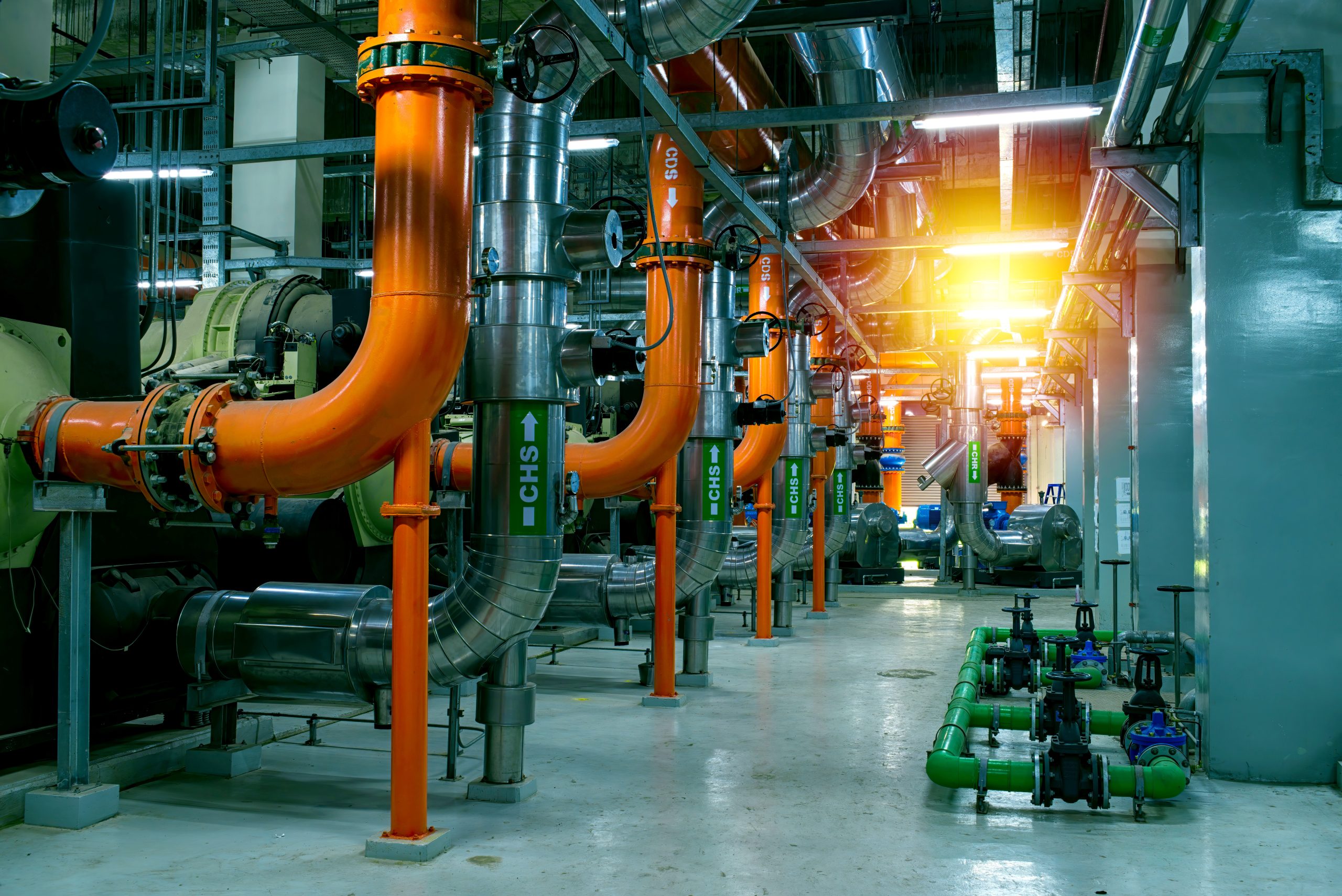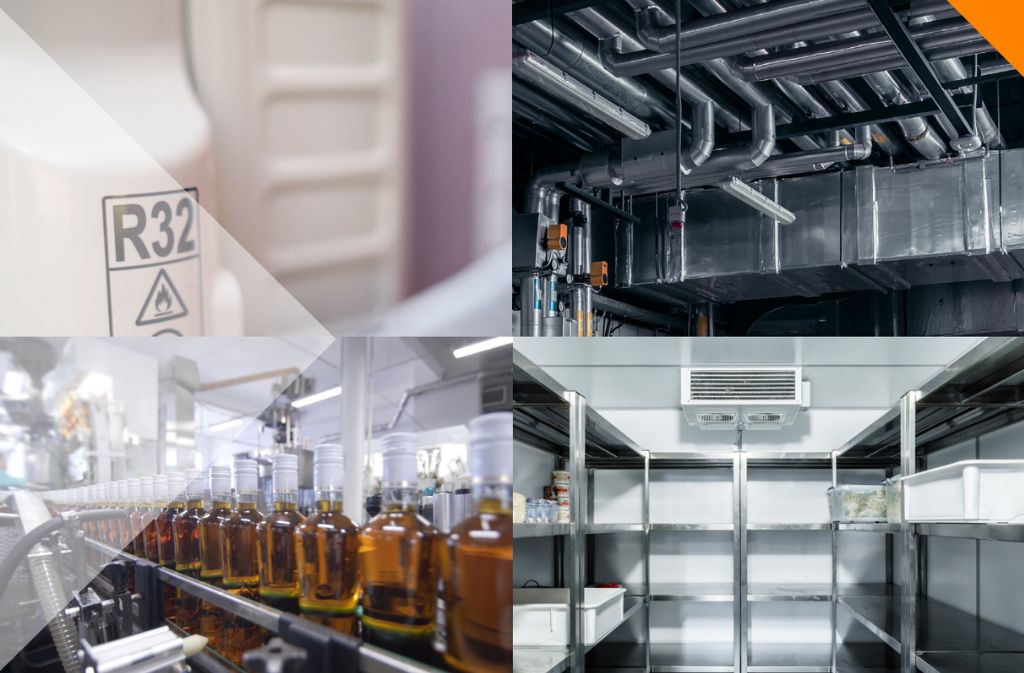CANDIDATURES

RÉFRIGÉRATION INDUSTRIELLE
Dans le domaine de la réfrigération industrielle, en particulier dans les entrepôts et les installations de stockage de denrées alimentaires, la détection des gaz est essentielle pour surveiller les fuites de réfrigérants tels que l'ammoniac (NH3) et leCO2, couramment utilisés pour le refroidissement. L'ammoniac, hautement toxique et inflammable, présente de graves risques pour la santé et peut provoquer des explosions en cas de fuite. Les systèmes de détection de gaz donnent l'alerte rapidement en cas de fuite de réfrigérant, ce qui permet de protéger les travailleurs, de préserver les produits stockés et d'assurer la sécurité des opérations. Ces systèmes contribuent également à maintenir la conformité réglementaire en surveillant les émissions et en contrôlant les niveaux de réfrigérant. Outre la sécurité, la détection précoce des fuites de gaz permet de réduire les temps d'arrêt coûteux, les dommages causés aux équipements et la détérioration potentielle des denrées alimentaires périssables.
Détecteurs de gaz réfrigérants
Les risques liés à l'utilisation de réfrigérants dans les processus industriels sont très variés. Leur toxicité, leur inflammabilité et le risque d'asphyxie ne sont que quelques-uns des dangers physiques dont il faut être conscient. Grâce à notre gamme de détecteurs de gaz réfrigérants, vous pouvez minimiser les risques pour votre personnel et vous assurer que vous êtes en conformité avec les réglementations.
IDÉES EN LA MATIÈRE
Vous souhaitez vous adresser à des experts ?
Personne ne comprend mieux que notre équipe à quel point les bonnes solutions de détection sont importantes pour vous et votre site. C'est pourquoi nous sommes toujours à votre disposition pour discuter de vos besoins en matière de détection de gaz, afin de vous assurer que vous disposez des outils adéquats pour assurer la sécurité de votre personnel et de vos biens.
En savoir plus sur la politique de Crowcon en matière de Politique en matière de confidentialité et de cookies ici. Si vous changez d'avis, vous pouvez vous désinscrire à tout moment.








